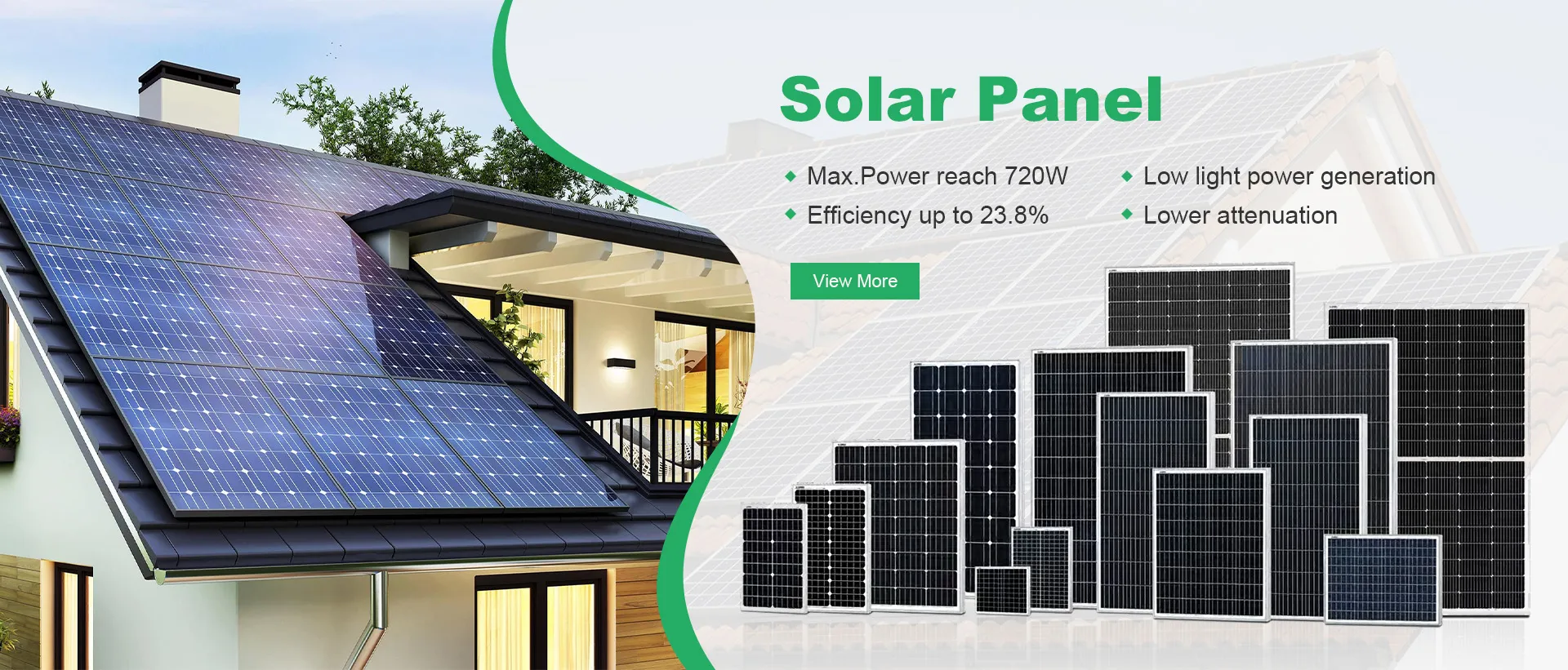Exploring the Efficiency of Solar Panels for Space Applications and Their Technological Innovations
The Efficiency of Solar Panels in Space
Solar panels have become an indispensable technology for space exploration, providing the necessary power for satellites, space stations, and various other spacecraft. The efficiency of these solar panels plays a crucial role in the success of space missions, where energy is at a premium and must be harnessed effectively. This article explores the efficiency of solar panels in the unique environment of space, the advancements that have been made, and the challenges that persist.
What Makes Solar Panels Efficient in Space?
In space, solar panels can capture sunlight more effectively than their Earth-bound counterparts due to the absence of atmospheric interference. On Earth, clouds, pollution, and other atmospheric conditions can significantly reduce the amount of sunlight reaching a solar panel. In contrast, in the vacuum of space, solar panels can operate in sunlight continuously for several hours at a time, providing a consistent and potent energy source.
The efficiency of solar panels is measured by the percentage of solar energy that is converted into usable electricity. Traditional silicon-based solar cells, which have been widely used on Earth, typically achieve efficiencies between 15% and 22%. However, advancements in solar technologies have led to the development of more efficient materials tailored for space applications.
Advanced Solar Technologies
Space missions often employ multi-junction solar cells, which stack multiple layers of photovoltaic materials that absorb different wavelengths of light. These cells can achieve efficiencies exceeding 30% under optimal conditions in space. NASA has developed advanced cells, including the dual-junction and triple-junction cells, which utilize gallium arsenide (GaAs) because of its superior performance in high-radiation environments—an essential factor for long-duration space missions.
Moreover, solar panels used for space applications are designed to withstand extreme temperatures and cosmic radiation. Innovations such as anti-reflective coatings and advanced cooling techniques have also improved the efficiency and longevity of solar panels in orbit.
efficiency of solar panels in space

Real-World Applications and Performance
One of the most notable applications of solar panels in space is aboard the International Space Station (ISS). The ISS is equipped with large solar arrays that convert sunlight into electricity, supplying power to all onboard systems. The solar panels on the ISS have an efficiency of about 14-16%, which is relatively lower than some advanced earth-based technologies, but it is perfectly suited for the space environment.
Another significant deployment of solar technology is in interplanetary probes, such as the Mars rovers. These rovers utilize solar panels to power their instruments and communication systems. The efficiency of these solar panels is crucial, especially in regions with less sunlight than Earth experiences.
Challenges Ahead
Despite the advancements in solar panel efficiency for space applications, challenges remain. Space environments expose solar panels to harsh conditions, including radiation exposure that can degrade photovoltaic materials over time. Additionally, the need for maintaining efficiency during long missions, like those planned for human exploration of Mars, poses further challenges.
To address these issues, ongoing research is focusing on developing new materials and protective measures to enhance the durability and efficiency of solar panels in space. The goal is to create solar technologies that can sustain themselves in the harsh space environment for extended periods while providing reliable power to support human and robotic endeavors in the cosmos.
Conclusion
The efficiency of solar panels in space has made them one of the most critical power sources for contemporary space exploration. With advances in technology and materials, solar panels are becoming increasingly efficient, allowing for longer missions and more complex operations in the harsh environment of space. As research continues, the future of solar energy in space looks promising, paving the way for new discoveries and a deeper understanding of our universe.
-
Understanding the Advantages of Solar String Inverters for Your Energy SystemNewsApr.29,2025
-
Choosing the Right PV Inverter: A Comprehensive GuideNewsApr.29,2025
-
The Future of Solar Power: Exploring Bifacial Solar PanelsNewsApr.29,2025
-
The Complete Guide to Solar Panels: Efficiency, Cost, And InstallationNewsApr.29,2025
-
The Best Options for Efficiency and Cost-EffectivenessNewsApr.29,2025
-
Harnessing the Power of Off-Grid Solar Inverters for Energy IndependenceNewsApr.29,2025







